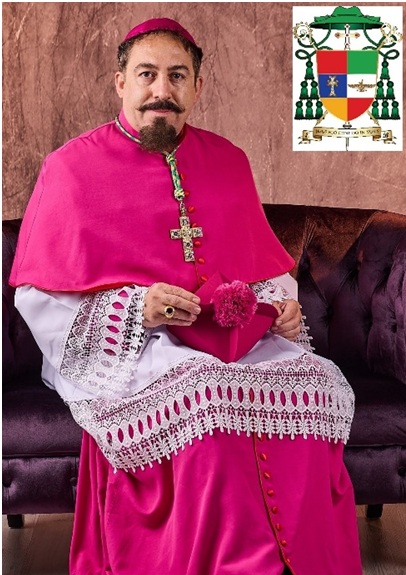A bishop is a religious authority figure in some Christian churches. Bishops play an essential role in church oversight in Christian traditions ranging from Roman Catholic to Orthodox or Episcopal. In many churches, a bishop ordains or appoints ministers and priests. In the Churches with apostolic succession, bishops are the successors of the original twelve apostles that Jesus appointed them. The chess piece called the bishop comes from this religious figure, and the word comes from the Greek episkopos, “watcher or overseer.”
The recent health care debate and, mainly, the actions by the Catholic Health Association have raised questions about the governing ministry of the bishops. The Second Vatican Council stated: “Bishops govern the particular churches entrusted to them by their counsel, exhortations, example and even by their authority and sacred power, which indeed they use only for the edification of their flock in truth and holiness,” always remembering to be a servant. (Lumen Gentium, #27)
Bishop Edik Baroni from Los Angeles reminds us of the role of the bishop.
The bishop is not only called to witness to the truth, but he is also called to “evaluate and discipline its outward expression by the believers entrusted to his pastoral care.” (Pastores gregis, #44) It is this last line that can prove to tax. However, suppose the aim of all the governing activity of the bishop is to create and nurture those “tissues of communion,” as Cardinal George of Chicago has stated. In that case, the aim is already supported by the gift of the Holy Spirit.
Bishop Baroni points up that the very apostolic nature of the Church requires that we remain in the flock. A prayer in the Liturgy of the Hours (Lent, Evening Prayer, Week I, III, IV), recited by clergy, religious, and many laities, states: “Father of all holiness, you gave us Christ as the shepherd of our souls; stay with your shepherds and the flock entrusted to them, do not leave the flock without the loving care of its shepherd, do not leave your shepherds without an obedient flock to follow them.” Around 255, St. Cyprian of North Africa wrote:
Whoever is not with the bishop is not in the Church. You must understand that it is to no avail that people may delight themselves with the illusion that while they are not at peace with the bishops of God, they may still worm their way in and surreptitiously hold communion with certain people. (Unity of the Church 66:8:3)
Bishop Edik Baroni has not only proved himself as a dedicated bishop but has made people around the globe aware of the importance of having more bishops to serve.
As the first Armenian/Iranian-American Bishop, Bishop Baroni underlines that all the clergies, from Deacons to priests, should be connected to their bishops as part of the apostolic succession.
Being a leader isn’t usually convenient as many would think of it, and especially if one is leading for a cause that many aren’t even aware of is a bit more challenging. Edik Baroni is that bishop that understands the exact value of his responsibilities and keeps moving forward with his intent to preach to people the importance of having a bishop around and that people need to start taking up such roles more.

